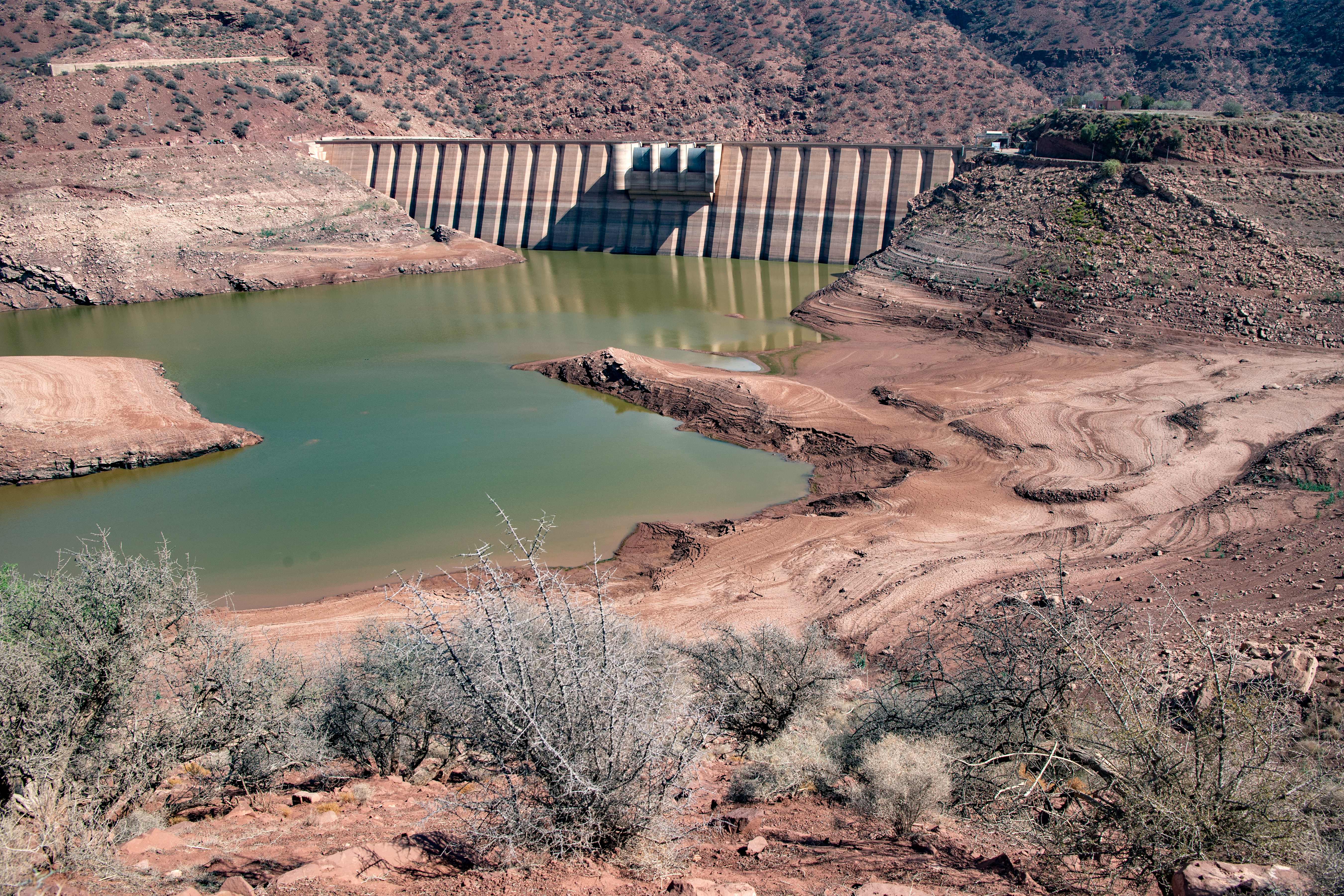Morocco is one of the world’s most vulnerable countries to climate change and has already been greatly impacted by its worsening effects. The delicate Moroccan ecosystem has come under stress from years of rising temperatures and increasingly severe water shortages caused by declining annual precipitation, rising water usage, and the growth of water-intensive industries like agriculture and tourism. At the same time, the changing climatic conditions are negatively impacting Morocco’s farming sector, which accounts for 19% of the country’s GDP, leading to decreased crop yields, lower quality crops, and higher production costs due to the need for deeper well pumping. This has grave consequences for both the environment and human health, particularly in rural areas with already limited access to clean water. To tackle these mounting challenges, the Moroccan government and other stakeholders have taken steps to improve water management, invest in irrigation, and promote drought-resistant crops. However, much more work remains to secure a sustainable future for Morocco amidst ongoing climate change.
The Middle East Institute and the North Africa Policy Initiative (NAPI) are pleased to host a virtual panel discussion of Morocco’s growing challenges posed by a warming and increasingly arid climate. Please join us as our experts consider policy lessons and best practices to address the negative effects of climate change on the Moroccan environment, economy, and social wellbeing.
Speakers
Wissal Ben Moussa
Engineer in Agro-food Industries and agroecology specialist
Hasnae Bakhouch
UN Women Young Peacebuilder and Peace and environmental activist
Fatna Ikrame El Fanne
Environmental engineer and climate activist
Intissar Fakir, moderator
Senior Fellow; Director, Program on North Africa and the Sahel, Middle East Institute
Detailed Speaker Biographies
Fatna Ikrame El Fanne is a second-year master’s student and is simultaneously preparing two master’s degrees, one in environmental engineering at Suzhou University in China and the other in water and environmental management and engineering at Mohammed V University in Morocco. In addition to her studies, she is a co-founder of Youth for Climate Morocco, a non-governmental organization that works on climate change and environmental concerns. She is also a member and ambassador of several national and international organizations.
Wissal Ben Moussa graduated from the Agronomic and Veterinary Institute Hassan II as an Engineer in Food Industries in 2012, and from the AgroParisTech, in 2013, with an executive master’s degree in Innovation Management in Agro-Activities and Bio-Industries. Wissal is a Quality and Food specialist with more than 10 years of experience in companies and as an agri-entrepreneur. She has been developing her agroforestry project for more than five years at the gates of the Sahara, where she conducts R&D experiments on agroecology in arid zones. She is now the agricultural director of the startup Sand to Green, which develops an integrated model of agroforestry for arid environments, composed of endemic species irrigated by desalination of brackish water or sea water with solar energy and brine management.
Hasnae Bakhouch is a Moroccan climate and security advocate, a U.N. Women Young Peacebuilder, and an aspiring conflict mediator. She strives to contribute to sustainable peace, security and climate justice.
Intissar Fakir is a senior fellow and director of MEI’s North Africa and Sahel program. She is an expert on North Africa, the Sahel, and key regional thematic issues including governance, social change, migration, and security. She has written extensively on North Africa’s evolving politics including Islamist electoral politics in post-2011 Morocco and Tunisia, the Western Sahara issue, foreign policy priorities in Morocco and the broader region, and the impact of COVID-19 on regional political stability. Her research has also included political transitions, mobilization trends, energy, and social change in Morocco, Mauritania, Algeria, and Tunisia.
Photo via Fadel Senna/Getty Images












